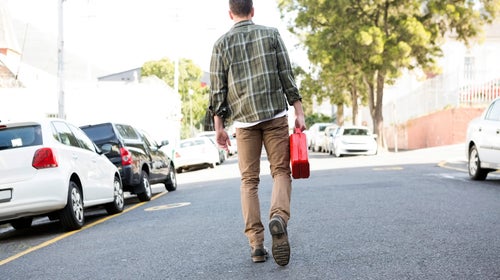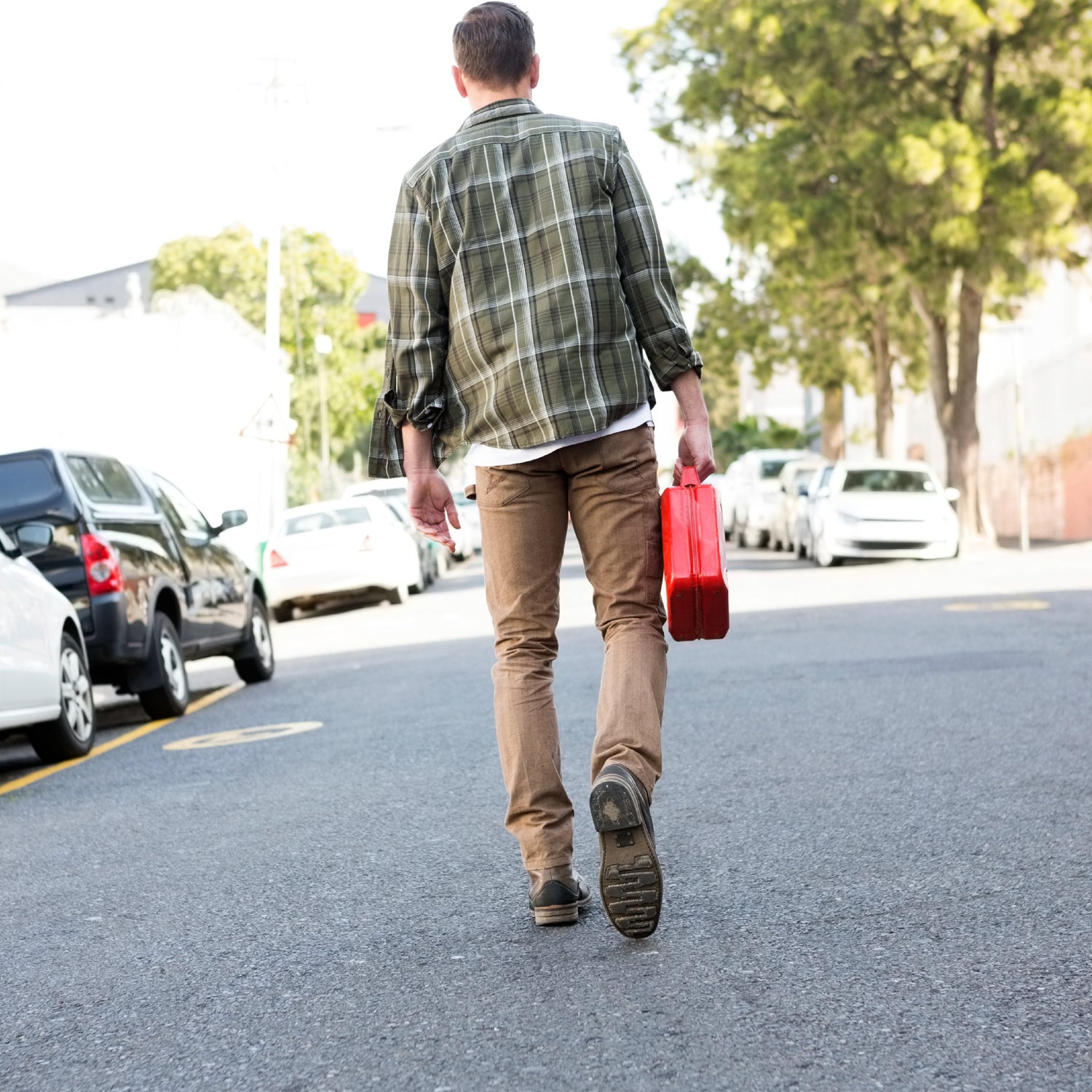Beer has been powering your bad decisions since your 21st birthday, but now it could power your car, too. DB Exports, a brewery in New Zealand owned by the Heineken Company, has started producing Brewtroleum, a bioethanol made from beer waste.
Like so many good ideas, Brewtroleum was hatched on a napkin at a bar.
“It’s a world first. We’re helping Kiwis save the world by doing what they enjoy best: drinking beer. We saw the opportunity to take the natural by-product of the brewing process and turn it into something that can genuinely help the environment,” wrote Sean O’Donnell, head of domestic marketing for DB Exports, in a press release.
, which is 10 percent bioethanol and 90 percent premium petrol, is available at 60 Gull stations (a major gas station brand in New Zealand) on New Zealand’s North Island. According to Simon Smith, a spokesperson for the company, the gas is selling well. “DB Export Brewtroleum has only been available for sale for a few days—launching on Monday, July 6—but the public’s response to the beer derived biofuel has been overwhelming. Word of mouth has been incredible, with a large number of enquiries and positive comments,” he says.
Here’s how it works: When you make beer, you end up with a leftover sludge of yeast. When yeast consumes sugar, it produces ethanol. By extracting that ethanol, you can make a fuel product that, when added to regular gasoline, can run a car. DB Exports produces 150,000 liters of this yeast by-product annually. In the past, it fed most of it to livestock. Now, it’s making it into fuel—although the by-product left after the fuel is extracted is still fed to farm animals.
The world isn’t drinking nearly enough beer to make as much fuel as we currently use. (Challenge accepted.)
The company’s marketing for the new fuel is slim on subtlety. “Drink beer. Save the world!” it proclaims. While that kind of hyperbole may make you want to rip your shirt off Superman-style as you pop the top on a cold one, know that some biofuel experts aren’t convinced.
“It’s perfectly technically viable,” says Robert Rapier, director of Alternative Fuels Technology at Advanced Green Innovations. But he adds that there’s one tiny problem: “It takes a tremendous amount of energy to remove the water from beer to make an ethanol. The energy inputs [for this process] would be tremendous.”
Rapier says the only way this process could be done in an energy-efficient way would be if the yeast contained a high level of alcohol, or if waste or solar energy powered the plant doing the processing. He says the only other way this could be a cost-effective process is if DB Exports were getting some sort of subsidy. “If, for example, they were using natural gas and getting subsidies for that, and then getting subsidies for producing bioethanol. But if you did a total lifecycle carbon assessment around it, you would find that it actually increased total carbon emissions.”
DB Exports couldn’t comment directly on the amount of alcohol in its waste product or on how the plant that extracts the ethanol is powered (it’s not done on-site at the brewing facility). However, it claims that biofuels produce significantly less carbon dioxide per mile driven than traditional gasoline does—negating the energy-intensive production process, according to a study by the University of North Dakota’s Energy and Environmental Research Center.
Chances are, beer to gasoline isn’t going to be the water-to-wine miracle that saves our planet. In fact, the world isn’t drinking nearly enough beer to make as much fuel as we currently use. (Challenge accepted.)
“If you take the world’s entire consumption of beer and could magically extract the ethanol without major energy inputs, the resulting ethanol would have the energy content of 1.7 billion gallons of gasoline. That is equal to 1.2 percent of the annual U.S. gasoline consumption,” says Rapier.
And really, beer already does so much or us—like making time with your extended family bearable and giving us sick dance moves. Is it really fair to ask it to save the world too?


